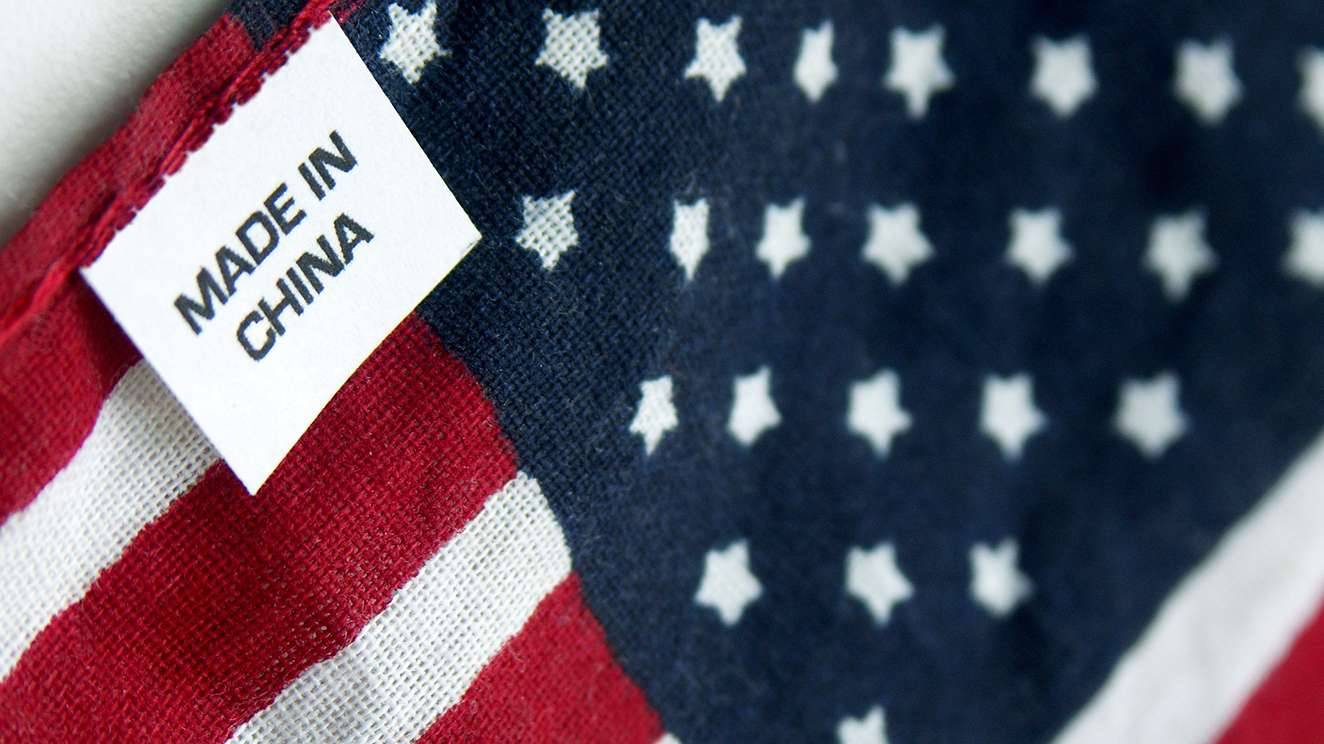
Friends or Foes: A Geopolitical Crossroads
ARTICLES | May 01, 2020
Highlight
International relations are being held in a delicate balance as nationalistic policies aimed to protect citizens reshape geopolitics. Domestically, quarantine policies are paving the way for more advanced public monitoring, but will citizens accept this kind of surveillance?
- As tensions rise globally from fear and uncertainty, the already-volatile geopolitical plane is at an inflection point. China and the United States trading blame for COVID-19 does nothing else than further a divide between two superpowers.
- Approaching containment of COVID-19 from a collectivist standpoint, rather than from a nationalist standpoint, is paramount to quickly ending the pandemic and returning to economic normalcy.
- Anti-Chinese sentiments and actions are exacerbating global tensions. China’s importance in world economics highlights the importance of curbing Sinophobia and stigmatization of goods from China.
- It is becoming clearer that the implementation of and trust in restrictive government policies is critical to containing the spread of COVID-19.
United States President Donald Trump has seemingly been making a calculated point to use the term ‘China Virus’ when referring to COVID-19, “because it comes from China”. President Trump claims using this rhetoric is a response to news out of China that some officials purported the virus was brought to China by the US soldier; however, rhetoric like this is intentionally divisive and indicates to the world that the US believes China should shoulder some blame or responsibility. As tensions rise globally from fear and uncertainty, the already-volatile geopolitical plane is at an inflection point.
Domestically, governments in many heavily affected countries struggle to contain the virus. The rise of nationalism and self-protection is superseding a more collectivist approach to global containment. Where some governments have been wildly successful, others have made a string of critical errors. There is potential for many to learn from the failures and success of others to properly and swiftly contain COVID-19.
Living in a Global Jungle
The pandemic nature of COVID-19 has left governments little choice but to, in a non-political way, fend for themselves and approach foreign relations with unequivocal nationalism. On one hand, countries like Italy or the United States are certainly not in a position to lend help or support to their neighbors and allies as they try to contain and improve their domestic systems. On the other, countries such as New Zealand and Denmark, with
Low infection rates, are focused on remaining largely unaffected through isolation and calling their citizens home.
It is here than the COVID-19crisis can breed opportunity for improved geopolitical relations, or shatter a structure that is now held together by tape and glue. As containment efforts show signs of success, such as in Wuhan, China, where as of March 19th they have no new cases of infection, it may be incumbent of some countries to lend to other countries in need, devoid of any quid pro quo. Medical resources, sharing of research, or other social management practices should be shared freely with the intent of a collaborative effort to contain the virus. From this, perhaps a new de facto world leader could emerge.
Else, the rise in extreme nationalism could have devastating ramifications. Take, for example, the global response to the rumor that President Trump offered $1 billion to acquire exclusive rights for vaccine from the German pharmaceutical company CureVac to only be used for Americans. While proven false, this created an avalanche of angry responses, including German economic minister Peter Altmaier saying, “Germany is not for sale.” More saliently was the sentiment from German lawmaker Erwin Rüddel, emphasizing “international co-operation is important now, not national self-interest.”
Collectivism vs Stigmatization
In a direct response to President Trump’s ‘China Virus” rhetoric, United States Congressman Ted Lieu, a Taiwanese-American, stressed the importance that media and people of influence “avoid fueling xenophobia and racism that have already emerged since the outbreak.” Trump’s language caused a surge in anti-American sentiments on Chinese social media. It is inarguably deleterious for the world’s two largest super powers to exacerbate their feud during a global crisis instead of try and work together.
As a result, there is widespread Sinophobia and stigmatization of Chinese people and goods in places where Asians are an ethnic minority. The mysterious nature of the virus and how it spreads is causing fear to manifest as racism as people feel the need to affix blame to someone or something. This does not bode well for achieving economic stability in the short term. Global reliance on Chinese goods and tourism combined with Chinese sensitivity towards anything perceived to be Sinophobic could cause major delays in rebuilding crumbling economies.
Trust in the Government
On a more local level, it is becoming clearer, through trial and error, that the implementation of and trust in restrictive government policies is critical to containing the spread of COVID-19.
Many look to China, South Korea, and Taiwan as success stories on how to properly contain the virus, however each had different approaches. China, for better or for worse, has a unique ability to use government to force citizens into lockdown with little pushback. After enforcing strict lockdown regulations, China flattened the curve of new cases and is now beginning to return to some normalcy. In contrast, South Korea rebounded after being heavily affected after the first few cases reached their borders. Critical to their success was mass testing, transparency about the reality of COVID-19, politics taking a backseat to health.
Taiwan, despite its proximity to China, took an offensive approach to the virus spreading almost immediately. After heavily monitoring passengers traveling from Wuhan, they were the first country to ban flights from the Chinese city. They additionally restricted exports of face masks and set upper limits on the number of mask people could buy and on the retail price. Most critical was the government health monitoring system implemented as a result from SARS and the buy in from Taiwanese citizens and residents.
That is the largest common factor in these examples: the buy-in from the population. Other countries have not had the same success, and that starts from the government down. Iran infamously tried to blur the reality of the seriousness of the virus, only to have their president and other officials fall ill, ultimately leading to one of the largest outbreaks in the world. In the United States, major media and even President Trump downplayed the threat of COVID-19 to Americans, causing even today many to argue over the legitimacy of the disease and the effectiveness of proper safety protocols.
What to look out for?
- Rising tensions between China and the US could drastically delay global economic recovery. As both struggle, who will emerge as a new economic leader?
- Taiwan and South Korea’s advanced health monitoring and health care systems are proving to be successful in handling a pandemic, how will other countries learn from this? Is mass health surveillance coming to more countries? Will countries with less government trust accept it?











